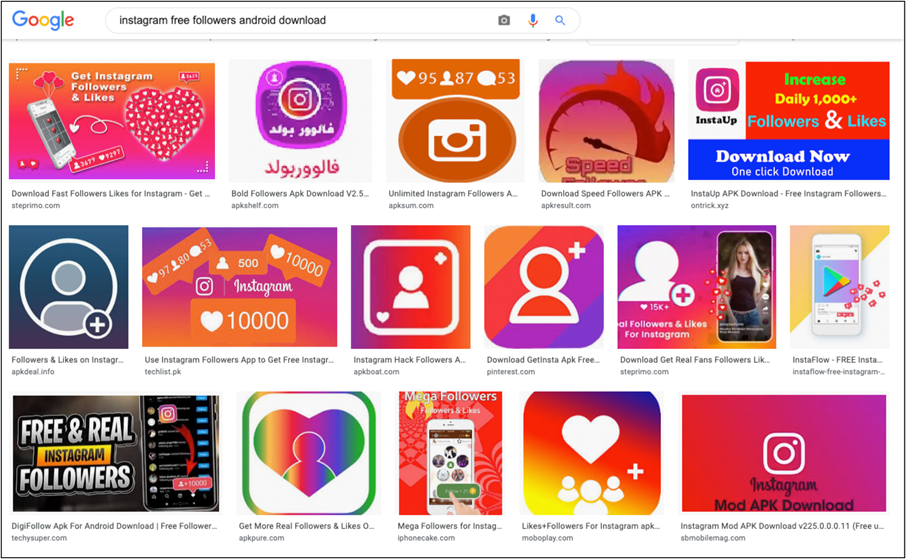Love is a powerful feeling that can cause an individual to do things they wouldn’t normally do—sometimes in a way that could compromise personal security. As we found in the Love, Relationships & Technology study released earlier this year, nearly 50% of people have shared or received intimate or sexual text messages, emails or photos on their mobile device.
This overwhelmingly high percentage should be of concern to every individual wishing to keep their personal information from falling into the wrong hands post break up (or crazy night). In this day and age, we love to share, but boy, it can be risky!
Take revenge posts for example, which is a relatively new phenomenon where scorned individuals use intimate content featuring an ex and publish it on the web for all to see. However, despite these new privacy risks, app makers are still focusing on sharing intimate content in a more “secure” way, instead of addressing the security risks behind sharing this kind of content in the first place.
While sexting and sharing personal information online poses significant security risks – tools encouraging and facilitating this behavior continue to appear. Enter Disckreet, a new mobile app designed to allow couples to record and view intimate content privately. The app requires you and your partner to each have a personal passcode and be in the same location when you enter them into the app in order to see any stored files.
This is certainly a step in the right direction, but the fact remains that passwords are easy to crack and personal identification numbers (PIN) are commonly shared. The same McAfee study I mentioned earlier found that 38% of people have shared their smartphone login details with someone else. If your phone happened to find its way into someone else’s hands or your (ex) partner decides to share – your most intimate moments could be exposed even with the Disckreet app. All video files recorded on Diskcreet are kept in a hub within the app—leaving it potentially accessible to a determined hacker.
Tips to Improve Your Security
Remember, it’s important to be careful of what you share and store, especially across third party mobile apps. You should never rely on an app alone to keep your personal information secure. The promise of security doesn’t always live up to the reality, as we have seen with many other supposedly private messaging and sharing apps. Instead, take security into your own hands with the following tips:
- Never share your passwords. Even when it comes to a significant other or family member, sharing your passwords just creates more potential risks for personal accounts. If sharing a password is absolutely necessary, make sure to create a unique one and change it often.
- Consider the implications of what you are sharing. Once you hit send, your information is out there to stay. Shared personal content relies on others to use it in a safe manner– and this can often backfire.
- Protect your devices with mobile security solutions. Every Internet-enabled device you own should have safety precautions installed on them. Security software such as McAfee® Mobile Security is available for both iOS and Android; the latter which helps to keep unwanted apps and people out of your devices.
- Never use third party apps to send sensitive information. It is never safe to assume that your mobile app will be resilient in the wake of an attack or internal security loophole. A good rule of thumb to keep in mind is: if you wouldn’t want others to see it, don’t trust a third party to deliver or store it securely.













